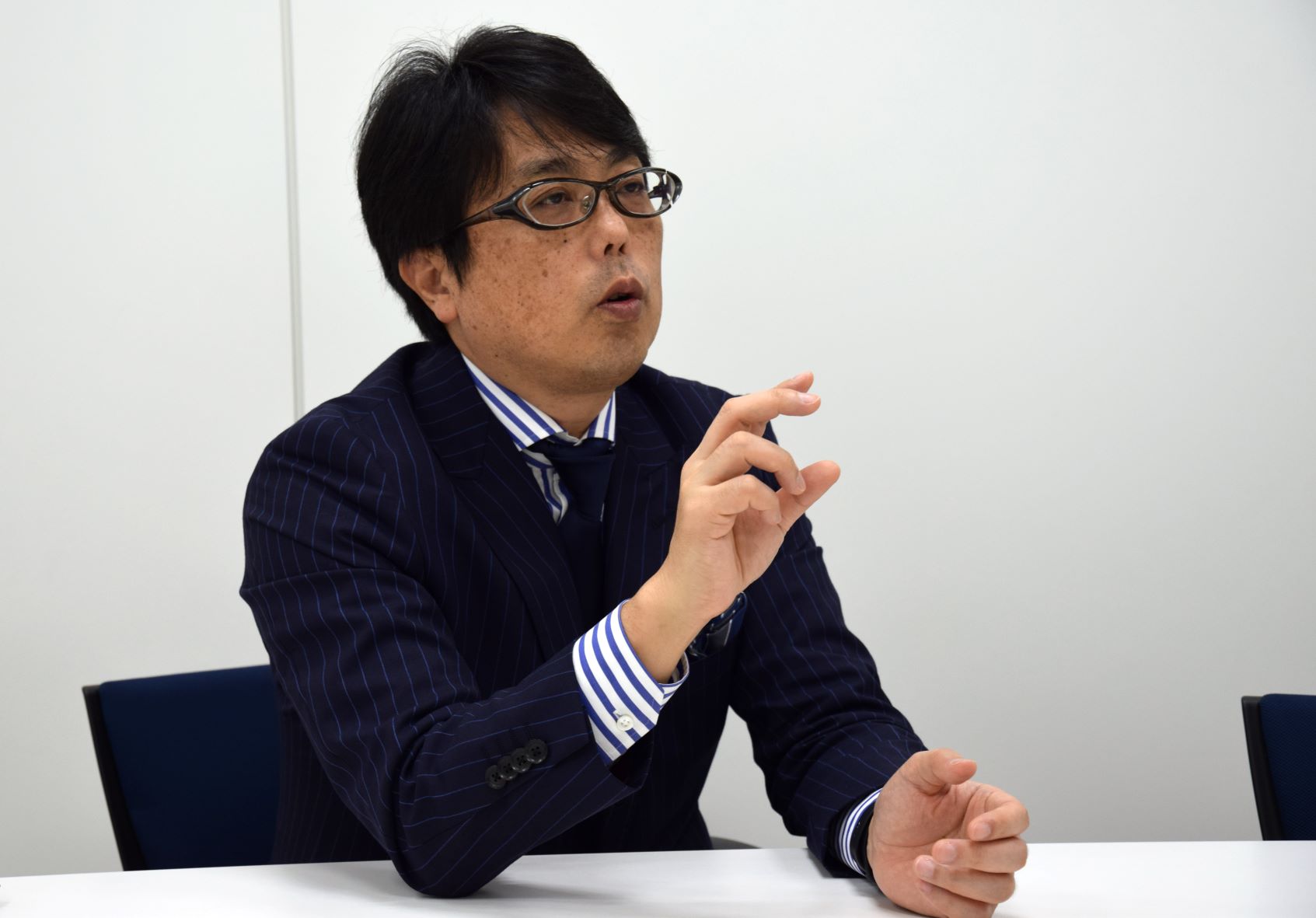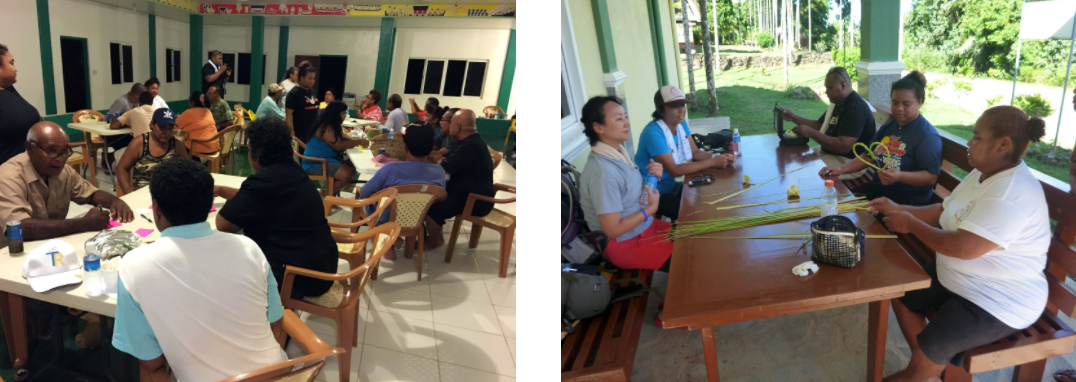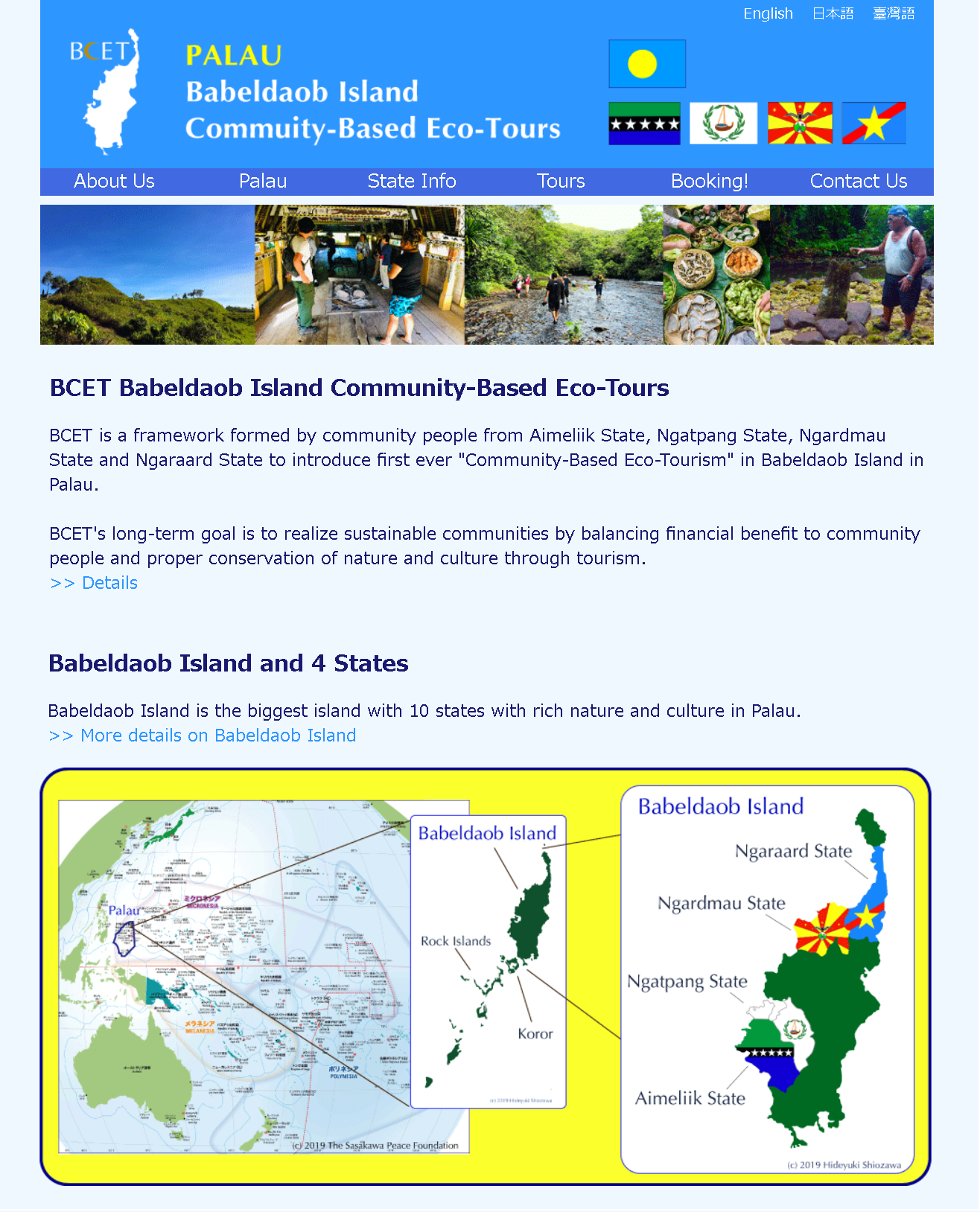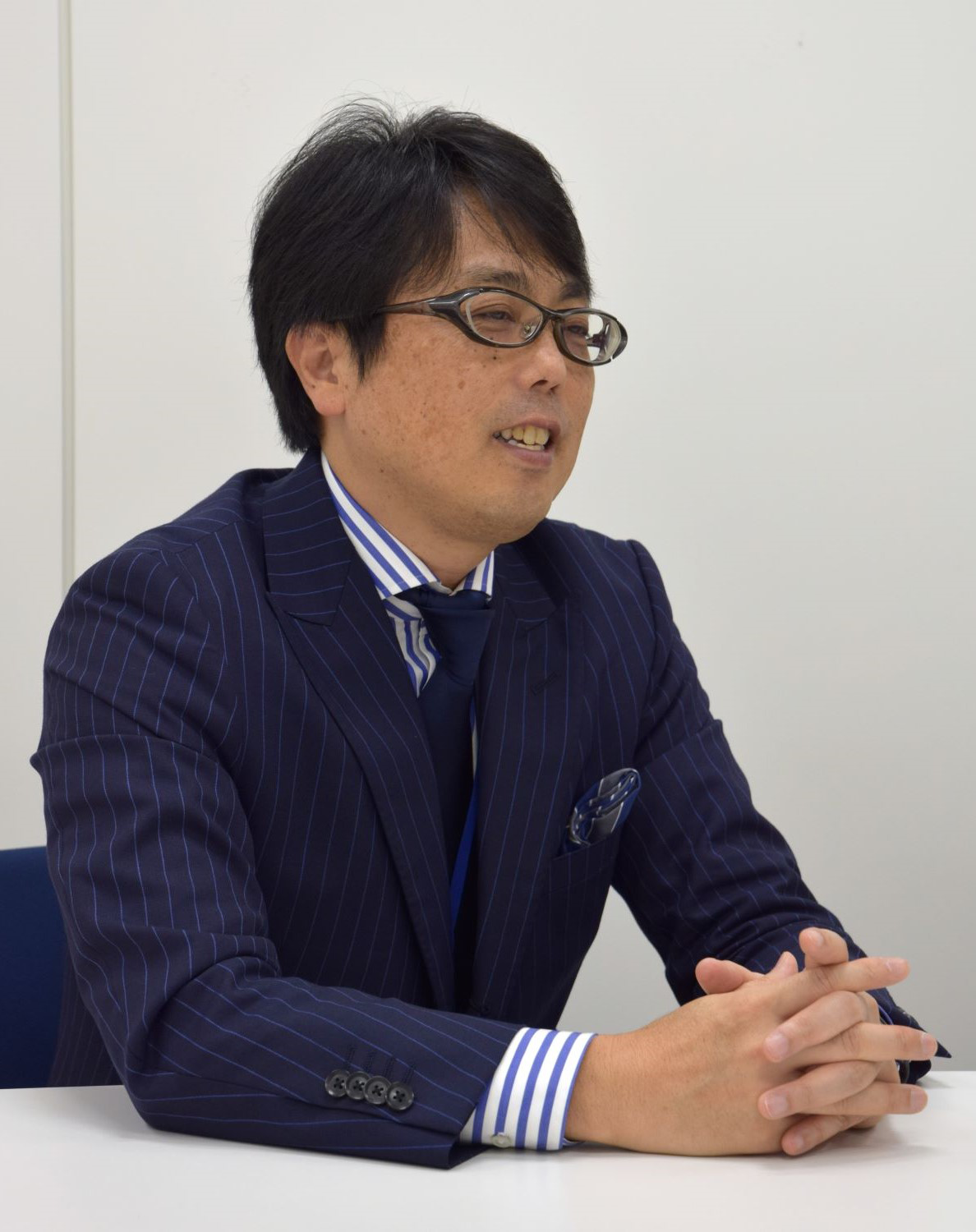Beginning in September 2016, SPF has arranged a series of seminars and meetings on a range of critical issues including fisheries diplomacy, the results from the Seventh and Eight Pacific Islands Leaders Meeting (PALM7 and PALM8), and regional security. Our basic goal is to provide pipelines for communication at many levels between Japan and Pacific island nations. We completely respect Track 1 dialogues and the important outcomes of official diplomacy, but we also believe there is a role for SPF in supporting effective communication.
The next Cutting Edge symposium is coming up at the end of January 2020. Can you preview the discussion for us?
Mr. Shiozawa: The theme of each symposium is always decided based on consultations with stakeholders in the Pacific island nations including embassies, the national governments, and intellectuals. For the next meeting, we will focus on regional security from the perspectives of Pacific island countries.
Generally, when you discuss security in Japan, the conversation turns almost exclusively to military or defense issues. However, from the perspective of the Pacific island nation countries, the single greatest regional threat is climate change, so they are more concerned about nontraditional or human security topics. Accordingly, the next Cutting Edge symposium will focus on the connection between regional security and climate change, disaster response, and perhaps governance.
We hope to involve some regional organizations, the UN system, and the embassies of Pacific island countries and small countries in this upcoming dialogue. We will focus on the perspectives of countries from the region – namely Palau, Micronesia, Marshall Islands, Fiji, Tuvalu, and Nauru – and look forward to fruitful discussions.




